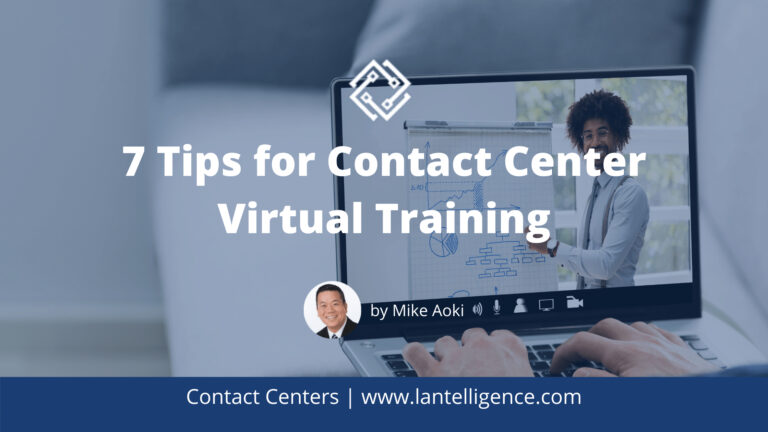How fast is the contact center industry changing?
16 months ago, only 5% of agents worked from home. Now many contact centers are staying fully remote or hybrid.
What about digital transformation?
The pandemic dramatically accelerated that trend. Contact center leaders still face technological, organizational and employee engagement challenges.
How can you avoid falling behind your peers?
Attending contact center conferences, breakfast meetings, and webinars, can help. Well run events update you on the latest industry trends, provide networking opportunities with peers and boost your development as a leader.
I started attending professional events and conferences early in my career. That jump started my progression from manager, to consultant, to being named an ICMI Top 25 CX Expert. As a speaker and trainer, I am on stage for multiple events a year. However, I go to other events as an attendee because I want to continue my own learning. Full disclosure: I also volunteer as a board member with GTACC (the Greater Toronto Area Contact Center association.) So, I have helped organize conferences, breakfast meetings and webinars.
With that in mind, here are five tips for getting the most from your conference experience:
- “Try before you buy!” Many contact center associations put on smaller, shorter, monthly events that are either low cost or free. So, try one of their webinars, breakfast, or lunch events to see if it is well run and draws the right peer group for you. Also, check if the association offers recorded webinars, articles, blog posts, and other helpful information. If you like their event and/or resources, consider attending one of their conferences or becoming a member.
- Research before you invest time and/or money for a full day, or multi-day, conference. Does the association or conference company have a track record of successful events? Look at their roster of speakers and panelists. Are they leaders within your industry? Do the topics interest you? Does the agenda allow time for Question and Answer sessions? Pay attention to things like adequate time on the schedule for networking and for a good mix of full conference sessions and breakout sessions. (Breakout sessions are smaller. So, it is easier to ask questions and have them answered.)
- Split up and cover different breakout sessions if you attend a conference with colleagues. Get together afterwards to share ideas from each session. Also, share highlights with your contact center management team back at the office. Most importantly, DO SOMETHING with the knowledge you gained from the conference. Take action to improve your contact center.
- After the conference, use LinkedIn to connect with – and follow – speakers, panelists, and attendees you found interesting. Some of them may share LinkedIn posts with helpful information. You can also use LinkedIn to share information they may find useful, as you build professional relationships with them.
- If the conference was organized by a contact center association and you liked it, consider getting involved with them as a volunteer. Many associations are non-profits and run by volunteers. So, they can always use help. You could offer to write a blog post, be a panelist or help organize a future event. Volunteering with your local contact center association lets you give back to the industry and build wonderful relationships with fellow contact center leaders in your area. I met many amazing people that way and built friendships that will last a lifetime.
So, invest in yourself and attend contact center industry conferences, webinars, and events. They can help you keep up to speed on trends, build your network of professional contacts and develop your career.



